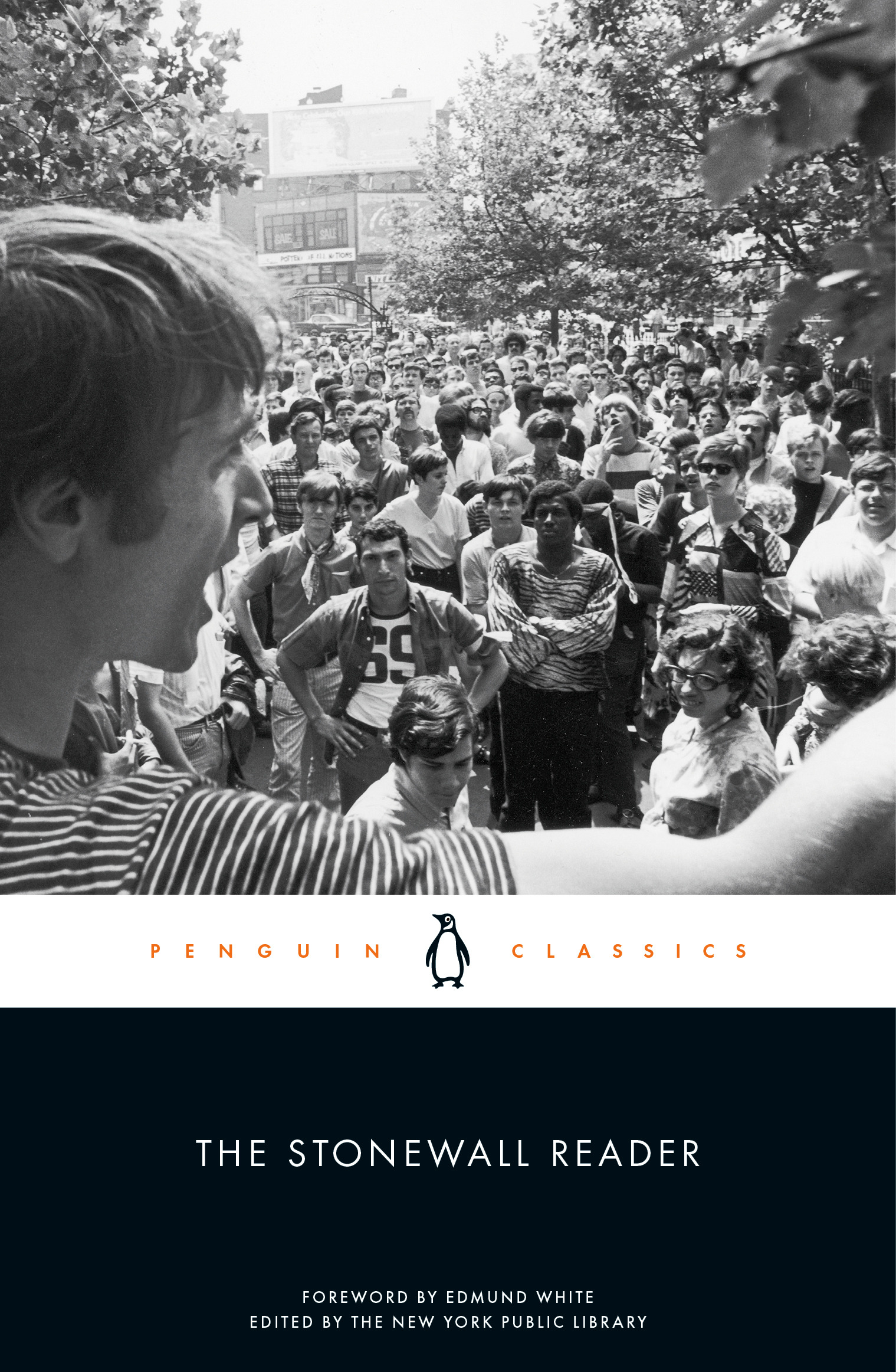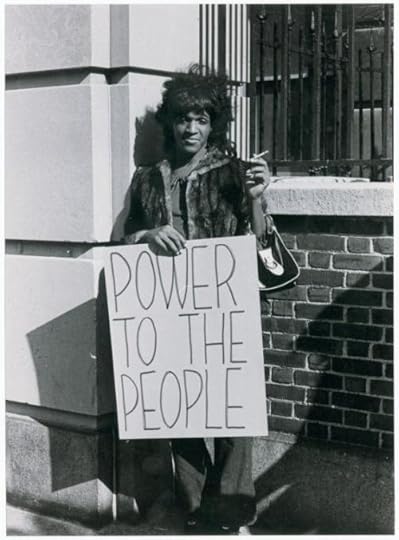What do you think?
Rate this book


305 pages, Paperback
First published April 30, 2019

“No matter that we were defending a Mafia club. The Stonewall was a symbol, just as the leveling of the Bastille had been. No matter that only six prisoners had been in the Bastille and one of those was Sade, who clearly deserved being locked up. No one chooses the right symbolic occasion; one takes what’s available.”